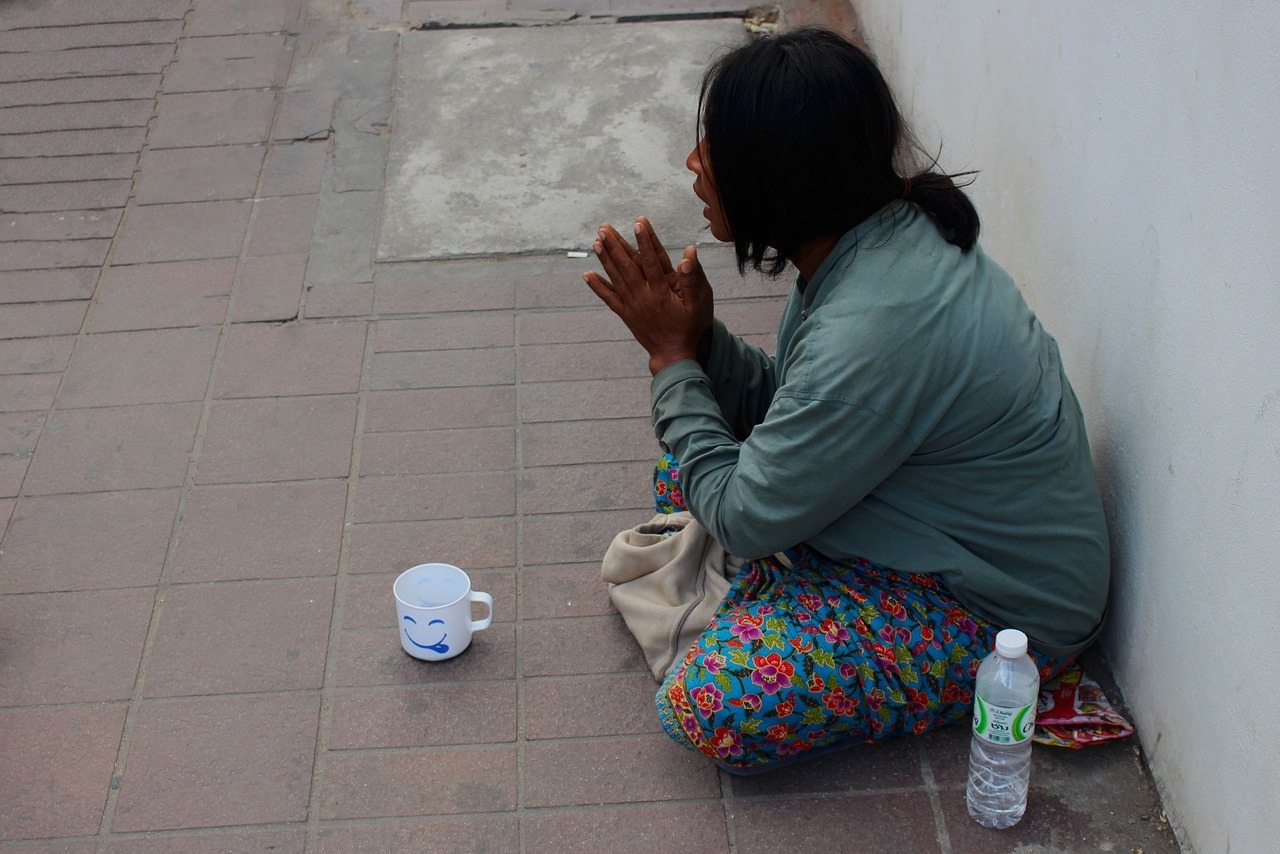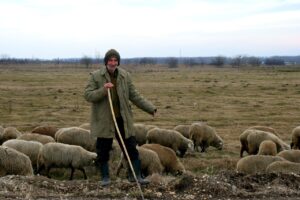Isaiah 43: 16-21; Psalm 126; Philippians 3: 8-14 (RM) or 4b-14 (RCL); John 8: 1-11 (RM) or John 12: 1-8 (RCL).
We’re approaching Holy Week. Next Sunday is Passion Sunday, Palm Sunday. And for some reason the Roman Missal gives us as a Gospel reading John 8:1-11, the story of the woman caught in adultery, while the Revised Common Lectionary’s Gospel reading is John 12: 1-8, Mary of Bethany washing Jesus’ feet with expensive perfume and drying them with her hair.
Let’s go with the first story. I’ve always wanted to get to know this woman better. Except – there’s not much to know, unless we ask a few questions and use our imaginations.
So we do have a name for Mary of Bethany, but what was this woman’s name? We don’t know. Just to give her the dignity of a name and protect her personhood, let’s call her Susanna. (More on that later.)
Where does Susanna come from? How old was she? We know she was married, but did she have children? What social class did she come from? Did she have a special skill? Did she have relatives and friends nearby?
Now the scary part: what was her marriage like? Was she happy? Intimidated? Did she feel safe? Was she abused in any way? Was her husband faithful? The story in the Gospel tells us briefly what she was accused of doing, but we have no idea of the circumstances. Why was she in a compromising situation? To what degree was she free to choose? What really happened?
It’s not hard to guess what she might have felt at that moment before she was hauled before Jesus. Safe to guess she was absolutely terrified. She was close to dying a painful, humiliating death by stoning, denounced by a furious, bellowing crowd, maybe consisting of her neighbours and relatives. An “honour killing,” it would be called today. (And it still happens now, even in North America.)
Jewish readers of John’s story would immediately see the parallel with the Hebrew Bible story of Susanna who was threatened with rape by several of the elders who entrapped her naked while bathing. Only Daniel’s sly trick in the courtroom saved her from being condemned on the basis of the elders’ false testimony.
Here, Jesus pulls one of his own – a sly but effective trick. We can only speculate what happened. What did he write? Scholars have debated that forever and can only guess, and in a certain way, it doesn’t matter. The accusers dispersed, shamed publically in a shame- and honour-based society.
Jesus thus escapes the trap the authorities set for him, then turns around and treats Susanna with respect and dignity, as if she were of equal value. He lets her go. And Jesus takes one step further toward his own condemnation and execution as a dangerous public threat.
Many readers will think, “Adultery takes two. Where was the man?” In fact Deuteronomy 22:22 specifies that both parties were subject to the death penalty. The evangelist’s focus was Jesus, not the details of the set-up.
Let’s use our imagination and hope that Susanna was able to get away from that vindictive town, and move in with a cousin who lived in the hills. She could help out in the house, or with the children, and maybe learn a trade – spinning and weaving cloth perhaps, or agricultural work.
Let’s say, she rose from certain death to new life.
© Susan K. Roll
Susan Roll retired from the Faculty of Theology at Saint Paul University, Ottawa, in 2018, where she served as Director of the Sophia Research Centre. Her research and publications are centred in the fields of liturgy, sacraments, and feminist theology. She holds a Ph.D. from the Catholic University of Leuven (Louvain), Belgium, and has been involved with international academic societies in liturgy and theology, as well as university chaplaincy, Indigenous ministry and church reform projects.





Here’s to new life! – and to all who “take one step further” that it may be so. Thank you, Susan, for your reflection.
What made my skin tingle when I read this? For all the “Susanna’s” in the world, both far away and under my nose, may “new life” prevail. Thank you, Susan, for challenging us with the “good news.”
Thanks you for “opening” this story in new ways, by giving this anonymous woman the dignity of a name, and conjuring a life for her. In imagination, she takes form and substance. And then your final turn of phrase: “Let’s say, she rose from certain death to new life.” That caught my breath as well as my attention.
My mind and heart sparked off in many directions in pondering your reflection – and I carry those reflections into the week ahead. Merci.
Wonderful story-telling and re-imagining. Thank you for taking me into the world of another possibility.